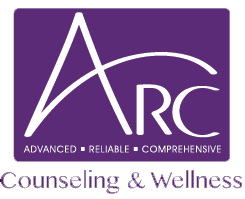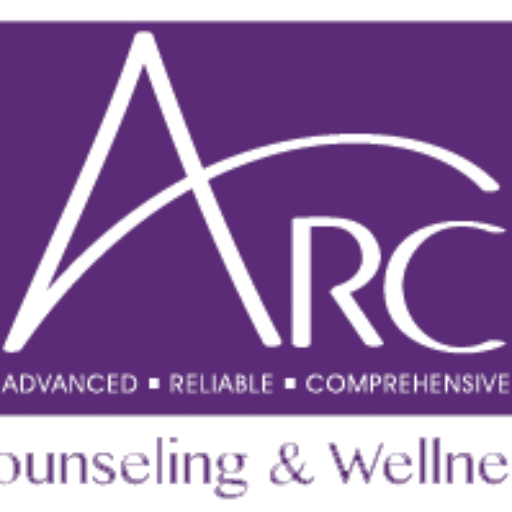It’s Maternal Mental Health Month and WE ARE ALL ABOUT IT!!!

 What is Maternal Mental Health?
What is Maternal Mental Health?
According to the World Health Organization (WHO) maternal mental health is defined as “a state of well-being in which a mother realizes her own abilities, can cope with the normal stresses of life, can work productively and fruitfully, and is able to make a contribution to her community”. Thoughts about this???
Basically, their talking about the capacity in which a mother is able to function in a healthy way throughout her pregnancy. Things that contribute to the mental well being of a mother include:
AGE:
Teen mothers have higher rates of depression and more likely to experience Post Traumatic Stress Disorder.
RACE AND ETHIC BACKGROUND:
40 percent of black mothers experience depression during pregnancy. Issues of racism, lack of access to support and financial stressors impact these high numbers.
HISTORY OF TRAUMA:
Pregnancy can bring up unresolved traumas and childhood issues including worries about our ability to parent.
LACK OF SUPPORT:
Not having the proper healthcare resources and emotional outlets can reasonably take a toll on the mental health of birthing people and family systems.
MENTAL HEALTH ISSUES PRIOR TO PREGNANCY:
Pre-existing mental health issues present a risk factor for perinatal mood and anxiety disorders during and following pregnancy so early access to care, before a notable issue presents is highly recommended.
RELATIONSHIP HEALTH:
Physical, mental or emotionally abusive relationships can negatively impact our mental health when we’re not pregnant so it is no surprise that during this delicate time, our relationship can play a pivotal role in our emotional and psychological state.
COVID AND MATERNAL MENTAL HEALTH:
The COVID-19 pandemic has touched all of our lives in some if not many ways. There has been a spike in depression and anxiety in the population in general as well as in mothers. The impact of enduring quarantine, isolation, and lack of community support all while avoiding severe illness has taken a noticeable toll.
The impact of COVID-19 has also shown up in routine prenatal visits which were once attended with joy and hopeful excitement, now are often solitary experiences as most OBGYN offices are not allowing partners or other loved ones because of COVID precautions. This can leave mothers feeling alone and disconnected when learning important news about their health and that of the baby and this kind of emotional support can go overlooked despite it being a key component in the mental well being of mothers to be.
What Are Perinatal Mood and Anxiety Disorders?
Mild symptoms of psychological distress are not uncommon during or within the year following pregnancy. Perinatal mood and anxiety disorders or PMADS, are more significant experiences of Depression, Anxiety, PTSD, OCD, Bipolar Disorder or Psychosis and require treatment for best outcomes. Approximately 15-20% of women experience PMADS but the great news is that a full recovery is absolutely possible.
6 Tips Manage Mental Health During and After Pregnancy
If you or someone you know are needing support during this vulnerable time there are several things that can help.
1. Speaking to your OBGYN about you mental health concerns:
They will be able to refer to a therapist or other programs that are specifically for women who are pregnant.
2. Set boundaries:
Keep your distance from people, interactions or activities that negatively affect you. Saying no to extra tasks can really help to lighten the load and make space for more self care time when it is vitally needed.
3. Join an online support group:
There are groups available in person, and online which offer a safe space to connect, share your thoughts and experiences, as well as listen and learn from other women’s experiences.
4. Establish a self care routine:
Go for walks, take long showers or whatever health activity helps you to detach and give your mind a break from regular and added stressors.
5. Schedule an appointment with a Perinatal Mental Health Specialist:
Not all therapy is created equal and when it comes to perinatal mental health, working with a therapist who has specialized education and training in supporting this population is your best bet to getting the support and treatment you need and deserve. Look for bios of providers who are health psychologists, and those who have the following letters behind their name: PMH-C which means Perinatal Mental Health- Certified.
6. Educate yourself and your loved ones: These days, there is no shortage of information but not all of the available information is accurate, helpful or from a reputable source. Here are 3 useful resources that we recommend:
- The Pregnancy Workbook by Dr. Katayune Kaeni (see a review from our very own, Dr. Marissa Long, here)
- Postpartum Support International (PSI)
- Maternal Mental Health Now
 We are so honored to provide this blog during this month focused on awareness of Maternal Mental Health. Four of our amazing providers here at ARC Counseling and Wellness have specialized education and training in reproductive and perinatal mental health and we are in addition to being expert providers of mental health care for the perinatal community, we are also advocates for birthing people everywhere!
We are so honored to provide this blog during this month focused on awareness of Maternal Mental Health. Four of our amazing providers here at ARC Counseling and Wellness have specialized education and training in reproductive and perinatal mental health and we are in addition to being expert providers of mental health care for the perinatal community, we are also advocates for birthing people everywhere!


